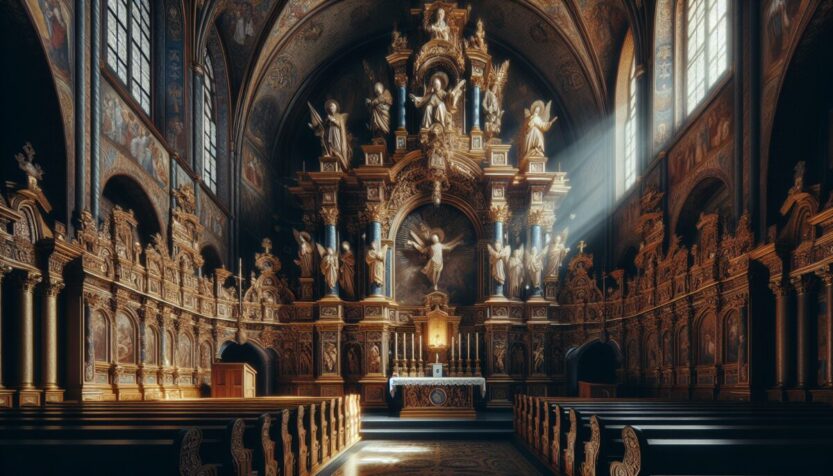The complexities of faith and identity in the modern church
The recent cinematic portrayal of the Vatican’s inner workings has sparked a renewed conversation about the intersection of faith, identity, and leadership within the Catholic Church. The film, based on Robert Harris’s best-selling novel, delves into the intricacies of a papal conclave, where cardinals vie for the position of pope amidst a backdrop of personal and political agendas. At the heart of this narrative lies a profound exploration of what it means to lead in a time of uncertainty.
Cardinal Benitez: A symbol of change
One of the most compelling characters in this story is Cardinal Benitez, a young cleric from Kabul who embodies the complexities of modern identity. His journey to becoming pope is not just about political maneuvering; it is also a deeply personal narrative of acceptance and self-discovery. Benitez’s revelation of being intersex challenges traditional notions of gender and identity within the church, prompting both admiration and resistance from his peers. His story serves as a powerful reminder that leadership can come from unexpected places, and that true faith often requires embracing one’s authentic self.
The role of doubt in faith
As Cardinal Lawrence poignantly states, “If there was only certainty and no doubt, there would be no mystery and therefore no need for faith.” This sentiment resonates throughout the film, highlighting the importance of doubt as a catalyst for growth and understanding. In a world where the church faces increasing scrutiny and calls for reform, the ability to question and reflect becomes essential. The narrative encourages viewers to consider how doubt can coexist with faith, ultimately leading to a more inclusive and compassionate church.
Political agendas and personal truths
The film also sheds light on the political dynamics at play within the Vatican. As cardinals jockey for position, their personal truths often collide with their ambitions. The character of Cardinal Tedesco represents the conservative faction, while Cardinal Bellini embodies a more progressive approach. This tension reflects the broader societal debates surrounding faith and identity, as the church grapples with its role in a rapidly changing world. The film invites audiences to reflect on how these political agendas impact the church’s ability to serve its community and uphold its values.
A call for inclusivity and understanding
Ultimately, the film serves as a call for inclusivity and understanding within the church. As Cardinal Benitez rises to power, he symbolizes a shift towards a more compassionate and open-minded leadership. His story challenges the status quo and encourages a reevaluation of what it means to be a leader in faith. The narrative suggests that embracing diversity and fostering dialogue can lead to a more vibrant and relevant church, one that resonates with the complexities of modern life.




